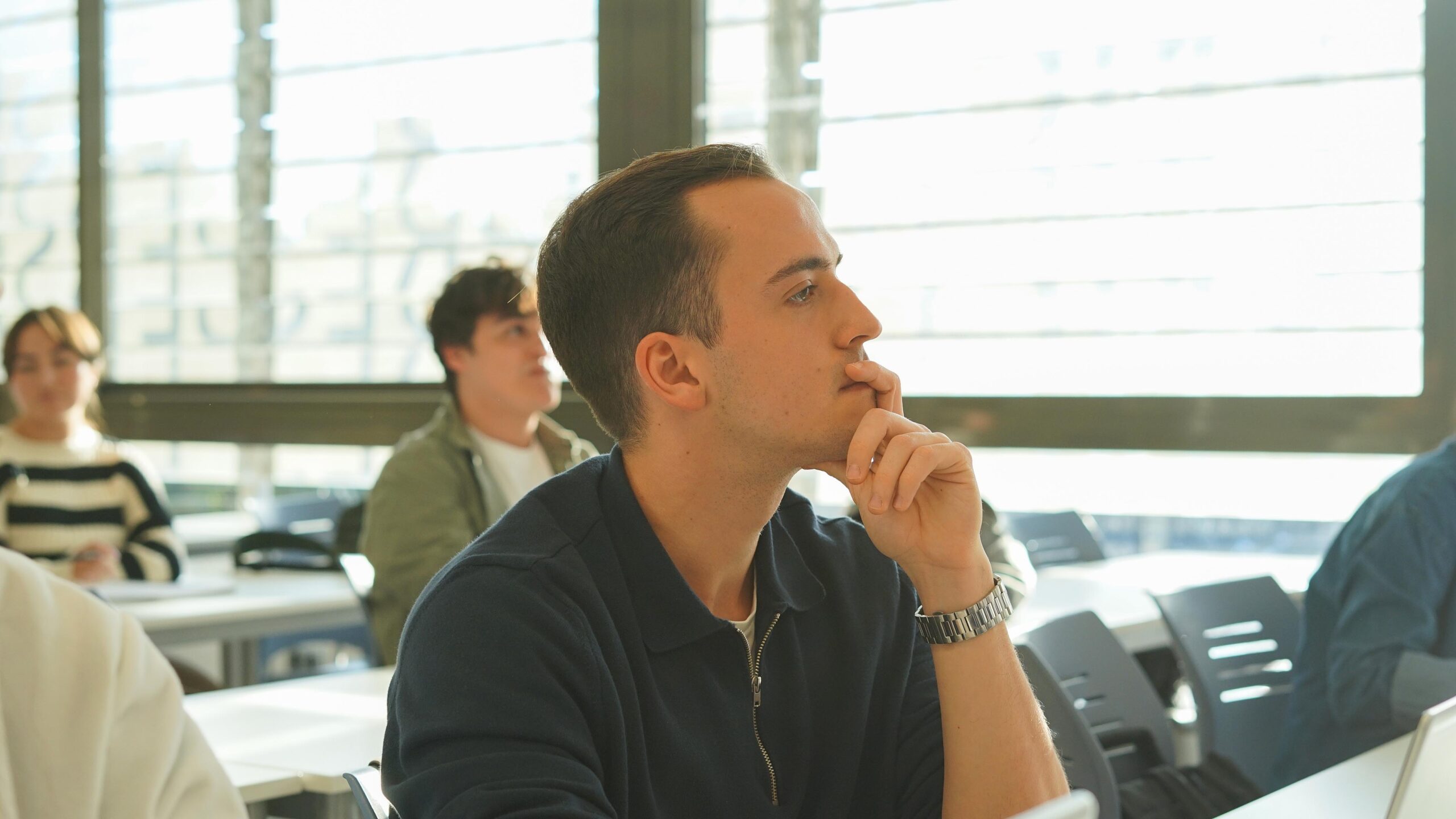
Service-Learning
Service-Learning (ApS) is an educational proposal that combines learning and service work in the community in a single, highly developed project in which participants gain experience by addressing the real needs of their surroundings with the aim of improving them. Therefore, service learning represents an educational project with social utility.
The circular relationship that is established between learning and service generates a new reality that intensifies each action’s effects separately. Learning improves service in the community, because it increases quality, and service gives meaning to learning, because what is learned can be transferred to reality in the form of action. In this way, the social purpose of education is regained and the views of the university world are broadened to the various realities surrounding it, reinforcing practical learning, contact with the environment, and a sense of commitment to the community.
Even with the variety of ApS experiences, with different accents and sensitivities, there is a certain degree of unanimity in defining it as a complex activity that integrates service in the community with the learning of content, skills, abilities, or values.
With ApS, solidarity and pedagogical intentionality merge together. It is an innovative proposal that starts from well-known elements such as voluntary service in the community and learning growth.

ApS Methodology
We understand it as a different way of teaching the contents of our subjects, Final Degree Projects, Master Theses, or internships.
- Needs or social requirements: what need is covered by the project or with which entities.
- Partners: establish and maintain ongoing university-entity relationships.
- Learning: a different and meaningful way to promote the acquisition of content and skills.
- Service or benefit gained by the community or entity.
- Reflection by everyone involved in the experience.
- Recognition: when students see that what they learn has practical utility, they feel very satisfied and the learning is significant.
Application to programmes
Service-Learning at IQS
This pedagogical methodology is fully in line with the IQS University Mission, where we can read that: “The university studies in which IQS educates everyone who attends its classrooms are highly-applicable for its graduates, through their professional practice, to help in the short term to promote humane, social, and ecologically-balanced development.”
The implementation of this pedagogical methodology is very versatile and can be done at different times or phases during a student’s learning process.
The only requirements that Service-Learning experiences share in common are that they include LEARNING, SERVICE, and SOCIAL ENGAGEMENT.









